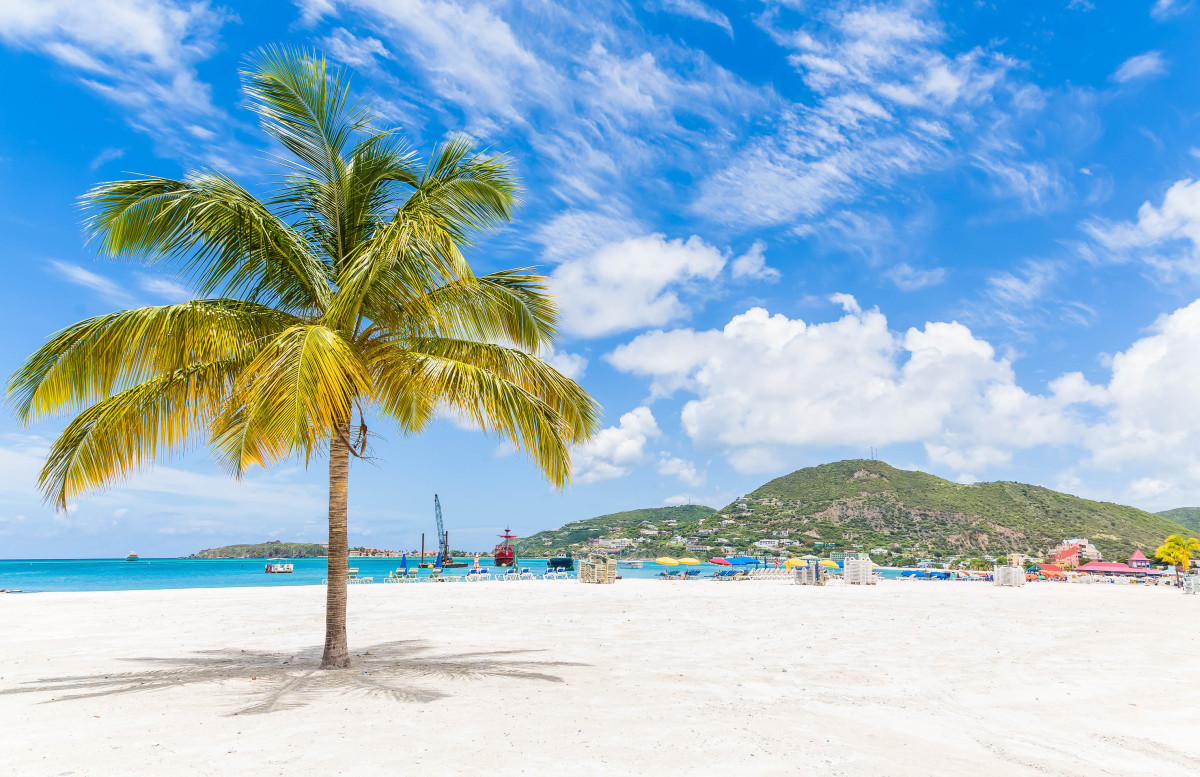The Sint Maarten Hospitality and Trade Association (SHTA) has drafted a possible path forward for Sint Maarten from this time of crisis onwards. The following recommendations are an integral strategy and can only work if all elements come into effect together.
SHTA sees the current fiscal situation as follows:
· High personal and corporate tax rates.
· Arbitrary system for granting of tax breaks
· Complicated system for depreciations
· Disruptive effects of TOT.
· A large grey economy
The current Labor situation according to SHTA
· Inflexible and and low labor mobility due to difficult dismissal process and accrued termination rights
· rightsLack of proper secundary pension build-up.
· Leading to difficult positions at pensionable age.
· Lack of skilled labour, lack of incentive for life-long learning.
· Low productivity
· A large area of grey employment.
This situation has been made exponentially worse by hurricane Irma, leading initially to significantly less hospitality employment and increased construction employment . Drastic economic downturn due to low tourist arrivals will lead to increased jobs being lost across all previous employment channels with the exception of construction, partially offset by mass ( temporary) emigration of unknown quantity and quality.
Couple this with the lack of statistics prior to Irma, there is no proper way to adequately estimate the impact on either the economy or the labor market. It suffices to say that, pre-Irma, the economy was already underperforming and that the grey employment/grey market formed a large part of the total economic picture.
The question is: How do you trigger the desired economic behavior, fiscally and from a labor perspective in the absence of data. On a micro level that is not as complicated as one might think and there is no way to steer macro development anyway.
The proposal forwarded here does not address the aspect of security which is currently a big part of the considerations by economic agents moving forward.
The desire to build back (better or not) a clearly unsustainable economic structure should also be addressed, maybe it should not be desirable to build back an island with the population density of a city reliant on mass tourism. Less tourists with higher Average Daily Rate (ADR) for a smaller population is also a consideration and can be nudged through policy and marketing.
Fiscal structure recommendations:
Move from direct to indirect taxation by:
· Reducing wage and income taxes rates.
· Delete minimum wage exemption from Income Tax.
· Replace Turnover Tax (TOT) by a sales tax (Value Added Tax system?), as a line item on receipts. Levy Sales tax at the ports entry, based on import value. Deductible for resales. Export is not subject to sales tax. Invest in robust tax audit team to prevent fraud with the sales tax.
· Reduce profit tax to compete with the region.
· Consider no more arbitrary tax-breaks. Limit role of taxation to one thing: Generate income for Government.
· Consider no special tax incentives for Foreign Direct Investment (FDI), replace with targeted subsidies.
· Consider attempting to bring local credit markets in line with foreign ones through CB regulations, either bring our credit market in line with the region or artificially increasing foreign rates locally to prevent fixed asset price inflation.
· Consider allowing increased reserve buildup on balance sheets as long as they are kept very liquid, CD’s etc.
Benefits:
Appeals to high net worth individuals to domicile here. Is clear, simple and transparent.
Control moves mainly to ports of entry and businesses removing some of the administrative burden of checking everybody. Earlier levying of sales tax (compared with TOT) and online or other foreign purchases by residents are now also subject to sales tax. No driver or advantage to companies or capital to maneuver outside our tax system are in place anymore. Difference between net payroll and gross payroll can be split with maybe an increase minimum wage and a pay into an unemployment/bridging/second pensions fund. If replacement of TOT with Sales tax has inflationary effect (which it will if you really intend to move from direct to indirect taxation) an increase in minimum wage must be part of the changes as these wages are not subject to wage/income tax (more on this in labor).
Allow a buildup of reserves above current limits will enable companies to create a buffer for future events.
A big problem is how to deal with the French Side and their cargo. Some sort of compromise/cooperation will need to be sought.
Labor market recommendations
· Flexibilize now. No more term contracts, no more temp contracts, hire-fire and a structure for building up unemployment / pension (transferable) from day 1 based on wages both pay-in and pay-out. Have a simple termination formula (or replace with workmens comp?) that provides a bronze handshake upon termination whether after 6 months or 6 years.
· Make mobile, allow employees to move to different employers while maintaining their accrued rights
· Provide funding that will stimulate education (this would be a very good destination for Dutch relief funds) and lifelong learning through local institutions
· Consider tying these types of training to seasonality and benefits.
· Increase in minimum wage stemming from the gross net difference over the average payroll.
Benefits,
This approach addresses a lot of current issues all at once. The only withholding done is for pensions and unemployment. All drivers for short term contract abuse are removed, as are all drivers for getting rid of long term employees removed. Benefit buildup is straightforward and there is no risk to the employer. Persons will be employed on merit and value. They will be mobile and free to seek out better employers
Access to learning and skills upgrades will be a boon to motivated employees and provide a way to increase income while upgrading the island overall product.
The scheme provides a nice parting gift for temporary residents.
The benefits to entering the complaint labor force are greater.
The above is put together as a long-term upgrade. Effects will start to bear fruit immediately but funds and buffers will take a while. In the short term we face a crisis that may require some extra measures in addition to the above.
Providing employment relief as an incentive to keep more persons employed either through subsidizing a few additional hours on reduced hour contracts, providing jobs in clean-up / reconstruction of public areas. Possible 6 month bridging schemes can be put in place. This way, we succeed in keeping the able-bodied busy whether they want to or not should be preferred over providing unemployment for doing nothing.


